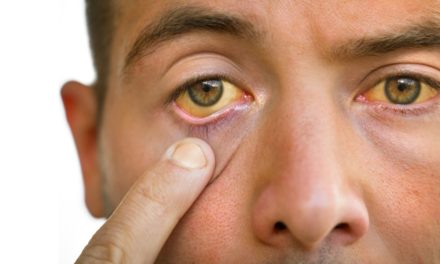Introduction
A low or depressed libido, often referred to as low sex drive, can be a distressing and sensitive issue for individuals and their partners. Many factors can lead to low libido, affecting both men and women. In this article, we’ll explore the symptoms of depressed libido, its possible causes, and various treatment options to help individuals regain their sexual health and improve intimacy in their relationships.
Understanding Depressed Libido
Depressed libido refers to a loss of interest or desire for sexual activity. It is important to recognize that libido can fluctuate throughout life and can be affected by various physical, psychological and emotional factors. Although occasional periods of low libido are common, persistent and unexplained low sex drive may warrant attention and intervention.
Recognizing the Symptoms of Depressed Libido
Symptoms of depressed libido can manifest differently for each person, but common symptoms include:
- Loss of interest in sexual activity: Individuals may feel less inclined or disinterested in engaging in sexual intimacy with their partner.
- Low arousal: Difficulty becoming sexually aroused or maintaining arousal during sexual activity.
- Lack of sexual fantasies or thoughts: Lack of sexual fantasies or thoughts is often experienced by people with low libido.
- Emotional disconnection: Low libido can lead to emotional distance from one’s partner, affecting overall intimacy in the relationship.
Possible causes of depressed libido
Low sex drive can be caused by a variety of physical, psychological and lifestyle factors:
- Hormonal imbalances: Fluctuations in hormone levels, especially testosterone and estrogen, can affect sex drive.
- Stress and Anxiety: Mental health issues such as stress, anxiety, or depression can significantly affect libido.
- Relationship problems: Difficulties in relationships or communication problems can lead to a decreased desire for intimacy.
- Medications: Certain medications, including antidepressants and hormonal birth control, can cause low libido as a side effect.
- Medical conditions: Chronic diseases, such as diabetes or thyroid disorders, can contribute to low libido.
Treatment methods for depressed libido
Addressing and managing the underlying causes of depressed libido can help improve sex drive. Treatment options may include:
- Counseling or therapy: Couples therapy or sex therapy can be helpful in addressing relationship problems or psychological factors contributing to low libido.
- Hormone therapy: In case of hormonal imbalance, hormone replacement therapy (HRT) may be considered.
- Medication adjustments: If low libido is a side effect of certain medications, a healthcare provider may adjust the dosage or switch to an alternative.
- Stress management: Techniques such as mindfulness, meditation, or yoga can help reduce stress and improve overall health.
- Lifestyle changes: Engaging in regular exercise, maintaining a balanced diet, and getting adequate sleep can positively affect sexuality.
- Open communication: Honest and open communication with your partner about sexual desires and needs can strengthen intimacy and alleviate relationship concerns.
Seek professional advice
Individuals experiencing persistent or troubling symptoms of low libido should seek guidance from a health care provider. A healthcare professional can perform a thorough evaluation, rule out any underlying medical conditions, and recommend appropriate treatment options.
Result
Depressed libido can affect people of all genders and can have a significant impact on relationships and overall well-being. Understanding the symptoms and possible causes of low sex drive is the first step to effectively addressing the problem. By seeking professional advice, considering therapy or counseling, and making lifestyle adjustments, individuals can work to restore their sexual health and improve intimacy with their partners. Open communication and a supportive approach are essential to navigating this sensitive topic, fostering strong connections, and enhancing the overall quality of intimate relationships.










